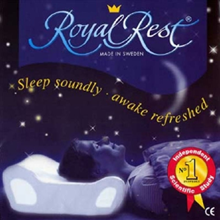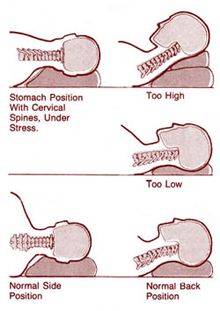Sugar. Are you addicted?
It’s everywhere you look …’beware sugar’, ‘sugar, the new crack cocaine’, ‘is sugar toxic?’ …I don’t know about you but I’m starting to think about the sugar in my diet! Even the BBC are doing a 4th series of ‘Trust Me, I’m a Doctor’ on some great health topics, including those around sugar; in addition to an entire episode on ‘The Truth About… Sugar’.
So what really is the deal with the great sugar scare this year? I’m certain that we can safely say that we all know too much sugar in our diet is not healthy, particularly refined sugars. But now coming into the mix is the subject of fruit sugars – fructose. Also, all carbohydrates (even the ‘healthy/low GI’ ones) break down into sugars and we know that the brain needs glucose to function properly.
What a confusing picture …’sugar’ in our diet cannot be avoided and our body needs it, so the real questions are… how much sugar is too much, are some sugars better for us than others and what happens if I eat too much? …apart from an increase in waist circumference!
There is much truth surrounding the issues being discussed around sugars, however, something that is currently being researched is that each of us metabolise sugar differently and therefore the effect of sugar on our body is different also. So in one person, eating a bowl of rice may massively spike insulin levels in the blood whereas another person may have a smaller insulin spike. Regular and repeated insulin spikes increase the work load on the pancreas and increases the likelihood of developing diabetes along with other health issues.
First things first, we need to assess how much sugar and the type of sugar we actually consume, that includes the hidden ones. You need to know that sugar comes in may forms, the most common types end in ‘ose’ …glucose, sucralose, fructose, dextrose; and others are more obvious, examples being cane sugar, agave, honey and corn syrup. We need to become way more savvy with nutritional and ingredients labels to truly assess the added sugars contained in our foods. Watch out, low fat usually means high sugar!
Sugar addiction is no myth and is fast becoming an accepted problem. The science behind the physical and psychological aspects of addiction are sound and sugar is right in there along with smoking and recreational drugs. Just look at the common symptoms of addiction and you may be surprised to have some if not all of them…
Withdrawal: if you give up sugar completely you will likely suffer from cravings and headaches until your body learns to cope with out it.
Addiction continues despite awareness of health problems or implications: we all know the health problems associated with excess sugar yet we still eat far too much of it.
Maintaining a good supply: who doesn’t have a stash of chocolate, ‘just in case’.
Obsession: once we crave and fancy a bit of the sweet stuff, we are usually on a mission until we are holding it in our hand!
Excess consumption: once you start, you just can’t stop – sound familiar?
You may find it insightful to look at the effects physically and mentally, as documented on ITV’s ‘Sugar Free Farm’ – some are rather surprising!
In my personal opinion, if you have regular added sugar everyday it no longer becomes a treat but actually part of your diet!
Best sugar reduction policy: buy fresh vegetables, fruit, meat and fish, cook from scratch and eat more whole grains in place of breads. Not only will you dramatically cut down added sugars but your vitamin and mineral consumption will increase too. If an investment of time and effort into your health is not a priority, it’s going to be very tricky to enjoy quality of life later down the line, without being propped up with a bag of medication and a stick.
Discussions in the media:
‘Make A Tax On Sugar Top of the Health Agenda’ Guardian
‘Parents Urged to Get Free Sugar App to Check Products’ BBC
‘Sweet Poison: Why Sugar is Ruining Our Health’ Guardian
‘Do You Know How Much Sugar You Eat?’ BBC
RESEARCH AND RELEVANT ARTICLES:
‘A Systematic comparison of Sugar Content in low fat vs regular versions of food’
2016 Nutrition & Diabetes
‘The role of nutrition labels and advertising claims in altering consumers’ evaluation and choice’
2016 Appetite












